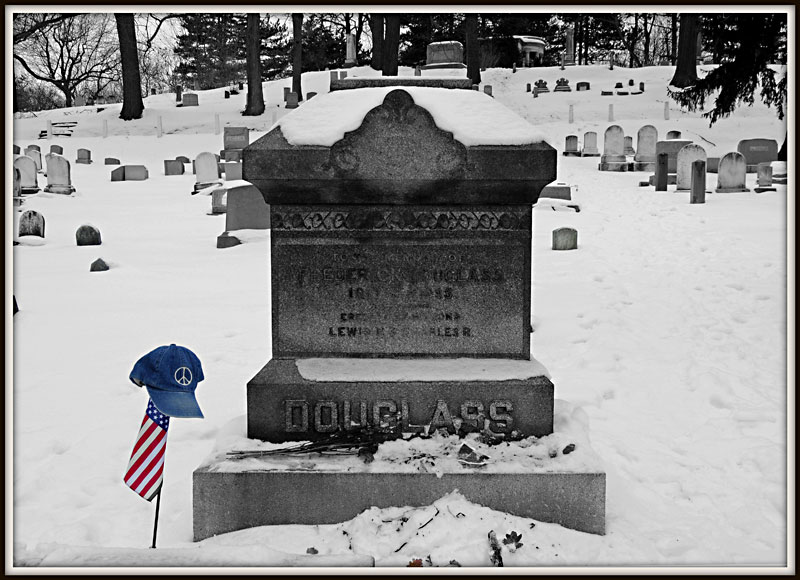Austin at Large: The American Disparagement
Of what to us is the Fourth of July? Reading the room and rethinking democracy.
By Mike Clark-Madison, Fri., July 8, 2022

It's just past the midpoint of an important election year, here in the season of American independence, and around my ears talk has turned to civics! But not in a yay-USA kind of way. Instead I get asked: Is the U.S. now a failed state, or an authoritarian state, or both? Is Texas? (Yes.) Is Austin? Is change through electoralism hopeless? Has democracy died, or is it just exhausted and dehydrated like when Lindsay Lohan crashed her Porsche into a garbage truck?
I don't care that much about most holidays and even less about the Fourth of July, which got the punditry it deserved way back in 1852 from 34-year-old Frederick Douglass: "The blessings in which you, this day, rejoice, are not enjoyed in common. The rich inheritance of justice, liberty, prosperity and independence, bequeathed by your fathers, is shared by you, not by me. The sunlight that brought life and healing to you, has brought stripes and death to me. This Fourth of July is yours, not mine. You may rejoice, I must mourn." His context is of course slavery and the oppression of Black people in America; today we have different "stripes and death," different ways of withholding Americans' civil and human rights and civic birthright, even if not as egregious, for some. This year, many people seem to be in a Frederick Douglass mood about the rituals of our civic religion and the veneration of the grand and curious American experiment. The fact that nice white suburban kids got massacred by a roving fascist gunman this July 4 also seems sadly appropriate.
I am also middle-aged and middle-class, a degreed white male property owner, and so I'm supposed to defend America's civic religion because I am among those who created it, who expound it, who are permanently comforted by it. And I know I try often in this space to help lift readers' spirits and assure them that their own democratic labors are meaningful, as is shown by the extreme measures the bad guys exert to stop them.
In his "What to the Slave is the Fourth of July?" speech, which when delivered goes on for two hours or so, Douglass gets a bit attaboy and hopestruck himself. "Notwithstanding the dark picture I have this day presented of the nation, I do not despair of this country." He shouts out not only the genius of the Founders and their Institutions but also the embedded exaltation of orderly progress, the arc of the universe bending toward justice and all that, with technological and capitalist innovations in a key supporting role. "Intelligence is penetrating the darkest corners of the globe ... No abuse, no outrage whether in taste, sport, or avarice, can now hide itself from the all-pervading light." It's an instructive reminder of how one can be deeply and bitterly disappointed in our country, and say so in extravagant rhetorical detail for hours, and still think that everything's gonna be OK in the end.
Is that just a coping skill in the face of societal madness, a way to revolt against the absurd, or is there something essential to the American experiment that makes it impossible to fail? It can help to contemplate what real-life things we expect to happen as America "descends into darkness" and, as always, how we would respond to them. We wouldn't just sit there and wail, would we?
This is a thought experiment that we never get to very often as we fret and rend our garments over the "death of democracy." What would replace it and would it actually be worse than the stultified, cash-corrupted exercise of institutional two-party politics? Do we actually benefit from those politics other than when we can rely on them for protection, as we did with abortion for nearly five decades? If we went about our business and helped each other and protected each other rather than relying on the state to do it, what would be worse? Perhaps a lot, for some, but we who care could afford to think about possible outcomes a little more and feel our immediate emotions a little less.
Too many politically literate Americans make insufficient attempts to help the less-so become engaged; when we do try to get more people involved and express solidarity and grow the electorate, we communicate in weird codes that are shaped by the obvious shortcomings of our political liturgies. We are telling people right now who didn't vote for either Trump or Biden in 2020 to work to elect two more Democratic senators in malapportioned elections in blue or purple states who will vote as instructed by party leadership to carve out the filibuster, a relic of Frederick Douglass' America, but just for this issue. (Or, earlier this year, for voting rights, which are certainly part of democracy but not all of it.) Why would we expect a marginal or lightly affiliated voter to remember all of this, let alone be empowered by it? Wouldn't it be easier to simply tell them this? "Help anyone you know who needs abortion care. Lie to the authorities if you have to, because the Supreme Court is corrupt anyway." If people use those means available to them to increase their power and protect their lives, isn't that a fitting outcome for a democracy, whether or not they vote?
Got something to say? The Chronicle welcomes opinion pieces on any topic from the community. Submit yours now at austinchronicle.com/opinion.







